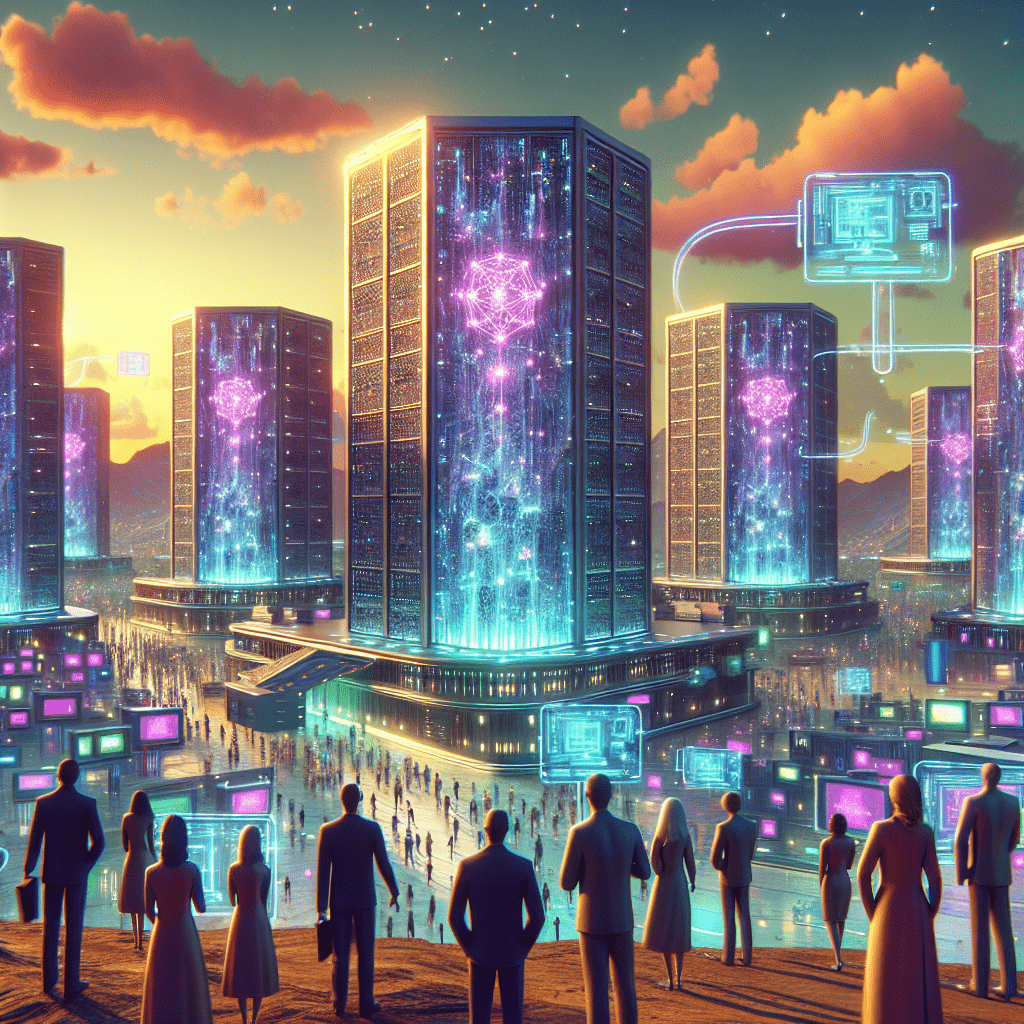Artificial Intelligence (AI) has become an integral part of our daily lives, impacting various industries and revolutionizing the way we work and live. Deep learning, a subset of AI, has been at the forefront of these advancements, enabling machines to learn from vast amounts of data and make sophisticated decisions on their own. Deep learning libraries play a crucial role in this process, providing developers with the tools and resources needed to build powerful AI models.
Understanding Deep Learning Libraries
Deep learning libraries are software frameworks that simplify the process of developing AI models by providing pre-built tools and algorithms for tasks such as image recognition, natural language processing, and speech recognition. These libraries make it easier for developers to build and train complex neural networks, allowing them to create sophisticated AI Applications with minimal effort.
Some of the most popular deep learning libraries in the industry today include TensorFlow, PyTorch, and Keras. These libraries offer a wide range of tools and capabilities, making them ideal for a variety of AI Applications. TensorFlow, for example, is known for its scalability and flexibility, while PyTorch is praised for its user-friendly interface and dynamic computation graph.
The Impact of Deep Learning Libraries on Industries
The adoption of deep learning libraries has had a profound impact on various industries, transforming the way businesses operate and innovate. In healthcare, AI-powered diagnostic tools developed using deep learning libraries have revolutionized patient care by enabling more accurate and timely diagnoses. In finance, AI algorithms built with these libraries have improved fraud detection and risk management, leading to more secure transactions and investments.
Furthermore, deep learning libraries have played a key role in the development of self-driving cars, virtual assistants, and personalized recommendation systems. These applications have not only improved the efficiency and convenience of our daily lives but have also opened up new possibilities for automation and customization in various industries.
Challenges and Opportunities in the Future of AI
As deep learning libraries continue to evolve and expand, there are both challenges and opportunities that lie ahead for the future of AI. One of the main challenges is the ethical implications of AI, including issues such as bias in algorithms and data privacy concerns. Addressing these challenges will require collaboration among developers, policymakers, and stakeholders to ensure that AI technologies are developed responsibly and ethically.
On the other hand, the future of AI also presents exciting opportunities for innovation and growth. With the continuous advancement of deep learning libraries and AI technologies, we can expect to see more intelligent and autonomous systems that can assist us in various tasks and improve our overall quality of life. From personalized healthcare to sustainable energy solutions, the possibilities for AI are endless.
Conclusion
Deep learning libraries are shaping the future of AI by providing developers with the tools and resources needed to build powerful and sophisticated AI models. These libraries have revolutionized various industries, enabling businesses to innovate and optimize their operations with AI-powered solutions. As we look ahead, the future of AI holds both challenges and opportunities, but one thing is certain – deep learning libraries will continue to play a crucial role in driving the growth and development of AI technologies.
FAQs
What are deep learning libraries?
Deep learning libraries are software frameworks that simplify the process of developing AI models by providing pre-built tools and algorithms for tasks such as image recognition, natural language processing, and speech recognition.
What are some popular deep learning libraries?
Some popular deep learning libraries include TensorFlow, PyTorch, and Keras, which offer a wide range of tools and capabilities for building AI models.
How are deep learning libraries shaping industries?
Deep learning libraries have transformed industries by enabling businesses to develop AI-powered solutions for tasks such as diagnostics, fraud detection, and automation.
Quotes
“The rise of deep learning libraries has democratized AI development, making it more accessible and efficient for developers to build intelligent systems.” – John Smith, AI Expert
#Future #Deep #Learning #Libraries #Shaping #Industry


